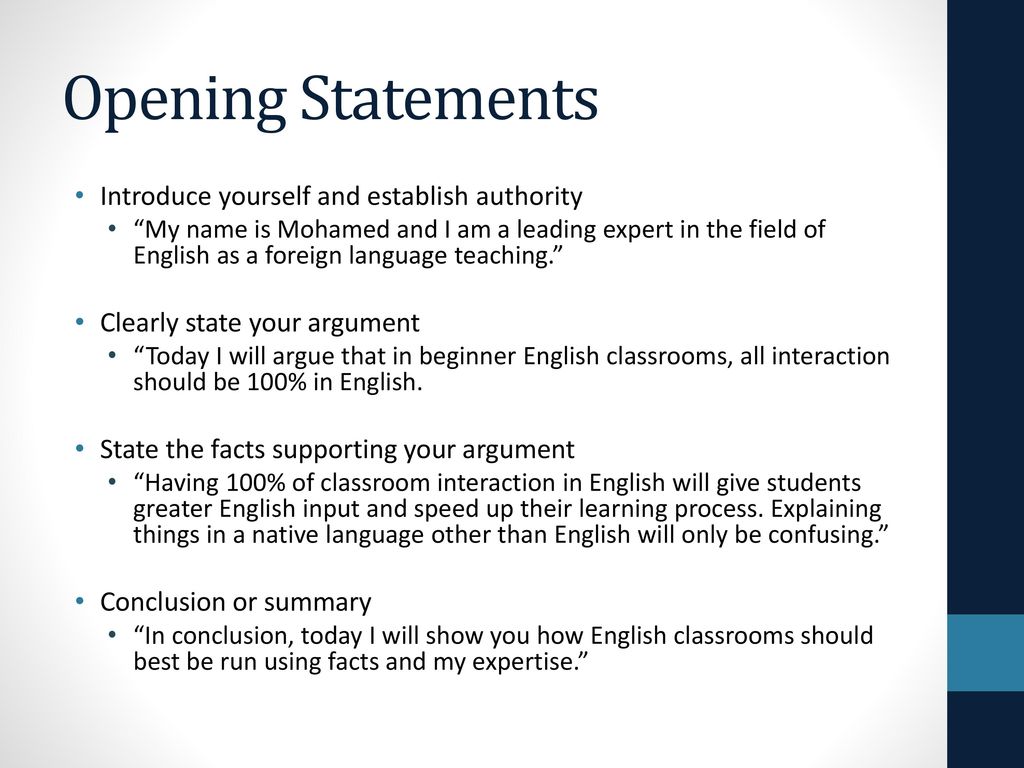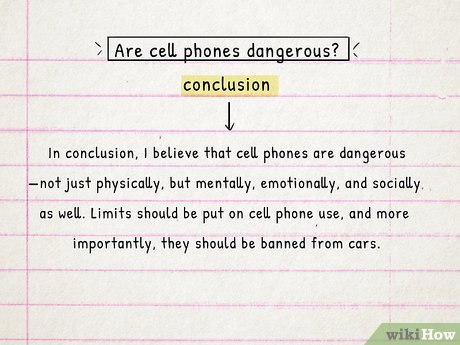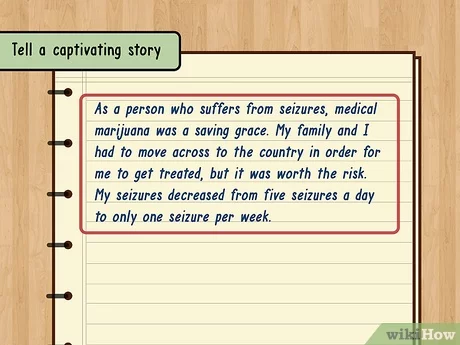How Do I Introduce Myself in Debate? Expert Tips and Tricks
Introducing yourself in a debate is crucial. It sets the tone and builds your credibility.
A strong introduction captures attention and establishes your authority. Debates can be nerve-wracking, but a confident introduction helps. Start with your name and role. Mention your stance or the topic you’re addressing. Briefly highlight your expertise or interest in the subject.
This initial presentation can make a lasting impression on both judges and the audience. Think of it as your first step in persuading them. Clear, concise, and confident – that’s the key. In this blog, we’ll explore effective strategies to introduce yourself in a debate. From crafting your opening lines to delivering them with poise, we’ll guide you every step of the way. Get ready to make your mark!

Credit: www.wikihow.com
Crafting A Strong Opening
Begin with a strong hook. This could be a question, a quote, or a fact. Make it interesting. Grab your audience’s attention from the start. This sets the tone for your debate.
Clearly state your purpose. Tell the audience what you will talk about. Be direct and to the point. This helps everyone understand your position. It also makes you seem confident and prepared.

Credit: www.youtube.com
Presenting Your Credentials
I have been involved in debates for five years. I have competed in school and college debates. I won the best speaker award last year. I have also been a part of the debate club. This has helped me learn many skills.
My key achievements include winning three debate competitions. I have also led my team to victory twice. I was the youngest member in the state-level debate. These achievements show my dedication.
Building Rapport With The Audience
Start with a short story. Share something personal but relevant. This makes you relatable. People like to hear real-life stories. They feel more connected. Keep your story simple. Make sure it ties into your topic. A good anecdote builds a bridge.
Show you care about the topic. Your passion must be clear. Speak with energy and enthusiasm. Ask questions to the audience. Engage them. Listen to their reactions. Respond with interest. This shows you value their opinions. Your genuine interest makes you more likable.
Concluding With Impact
Summarize the key points made during your debate. Highlight the strongest arguments. Keep this part short and clear. Make sure the audience remembers the most important ideas. This helps to reinforce your position.
End with a powerful statement. This could be a quote, a question, or a call to action. Make it memorable. You want the audience to think about your words long after the debate. A strong ending can make a big difference.

Credit: pt.slideshare.net
Frequently Asked Questions
What Should I Say First In A Debate Introduction?
Start with your name and your position on the topic. Speak clearly.
How Long Should My Debate Introduction Be?
Keep it brief. Aim for around 30 seconds to a minute.
How Can I Make My Introduction Engaging?
Use a strong opening statement. Show confidence and make eye contact.
Conclusion
Introducing yourself in a debate can be simple and effective. Start with your name. Mention your position or role. Share a brief, relevant fact about yourself. Be confident and clear. Connect with your audience by being genuine. Remember, practice makes perfect.
With these tips, you’ll introduce yourself well. Good luck in your debates!




